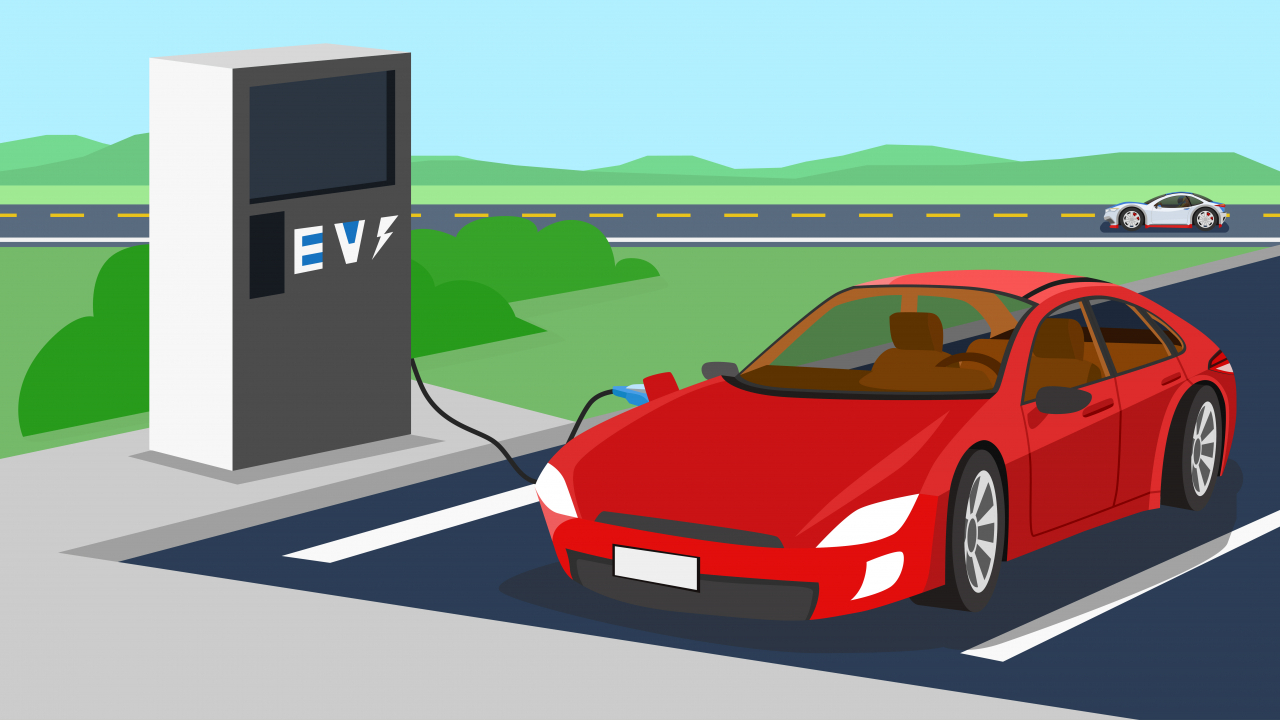
Subsidies given to those who purchase electric vehicles will be lower regardless of vehicle size compared to the subsidies given last year, said the Ministry of Environment on Tuesday.
During the Ministry of Environment’s press briefing on its new EV subsidy plan, the environment ministry confirmed that the performance subsidies for EVs of all sizes have been reduced by 1 million won ($752). According to this new plan, the maximum subsidy for medium and large-sized EVs will reduced from 5 million won to 4 million won. For small-sized EVs, subsidies will be reduced to 3 million won and for ultra-compact EVs, a total amount of 2.5 million won will be given out from this year.
The Ministry of Environment distributes subsidies to those who purchase EVs depending on the size of the vehicle and its overall performance. The subsidy system is annually revised to reflect the changing environmental policies and social demands for EV subsidies.
While performance subsidies have been reduced, the environment ministry added that it will hand out battery safety subsidies that add up to 200,000 won for vehicles that have installed the On Board Diagnostics-II system, based on each vehicle’s battery efficiency and environmental performance. The OBD-II monitors a vehicle’s engine management system and can detect any malfunctions and deterioration in a vehicle before it causes performance decrease or mechanical damage. For buyers who purchase EVs that have fast charging speeds, a maximum incentive of 300,000 won will also be given.
To encourage automakers to expand their number of charging facilities, the Ministry of Environment also added that it will increase its charging infrastructure subsidy from 200,000 won last year to 400,000 won this year, according to the performance of installing charging facilities over the past three years. This subsidy will be given to buyers who purchase vehicles from such automakers.
For those in low-income groups that wish to purchase EVs, an additional 20 percent subsidy will be given to assist in their purchases, an increase from the 10 percent subsidy that was given last year. For buyers in age groups between 19 and 34 who purchase their first EV, an additional 30 percent subsidy will also be provided.
To encourage the purchase of EVs for business use -- such as taxis -- an additional subsidy of up to 2.5 million won will also be provided. For electric buses, an additional 5 million won will be granted for vehicles with a range of 500 kilometers or more per charge.
“The revised subsidy plan includes measures to promote the supply of EVs in response to the fluctuating conditions of the EV market, as well as to encourage the supply of high-performance EVs with innovative technologies,” said Jung Sun-hwa, director of the Ministry of Environment's Air Quality Policy Division. “The ministry will contribute to improving air quality and reducing greenhouse gas emissions by popularizing EV purchases.”
The Ministry of Environment will publish the new guidelines for receiving EV subsidies on its official website and its integrated website on zero-emission vehicles on Tuesday. Additionally, it will collect any opinions regarding its subsidy plan until Feb. 15 and finalize the guidelines on subsidy distribution.



















![[Today’s K-pop] Treasure to publish magazine for debut anniversary](http://res.heraldm.com/phpwas/restmb_idxmake.php?idx=642&simg=/content/image/2024/07/26/20240726050551_0.jpg&u=)